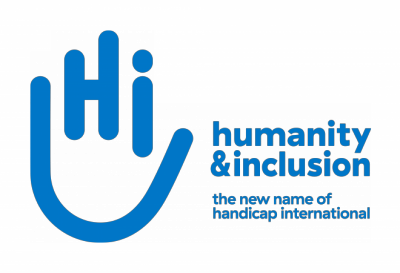Uganda
Uganda hosts the most refugees of all African countries, with a total of 1.3 million - including 1 million people from South Sudan. HI is helping these refugees to become independent and provides psychological support and rehabilitation care, while simultaneously conducting a census of people with disabilities and referring them to relevant services.

Children play on swings in the newly opened settlement Omugo | © K.Petrus / HI
Actions in process
After suspending its operations in 2013, HI relaunched a programme in Uganda in the summer of 2017 to support the large numbers of refugees entering the country, most of whom had fled the conflict in South Sudan. The organisation is working to identify those with specific needs (people with disabilities, elderly people, single mothers with children, unaccompanied children, etc.) and facilitates their access to services (humanitarian or other).
HI offers them psychosocial support and mental health services, while also providing rehabilitation care and distributing mobility aids (crutches, wheelchairs, etc.). In order to improve the refugees’ resilience and food security, HI provides financial assistance to refugee families.
concretely
Situation of the country

With a population of 40 million people, 20% of whom live below the poverty line, Uganda has enjoyed a relatively stable political system since the mid-2000s, unlike most other countries in the Great Lakes region.
For the past few months, the country has been directly affected by the conflict in South Sudan, with more than a million refugees fleeing the violence to seek shelter in Uganda, together with 300,000 nationals from other countries (Sudan, Democratic Republic of Congo, etc.)
The country has adopted a generous asylum policy, with refugees offered freedom of movement, along with the right to work, own assets, and access education/health services.














 The difference you make
The difference you make
 Financials
Financials
 Make a regular gift
Make a regular gift


